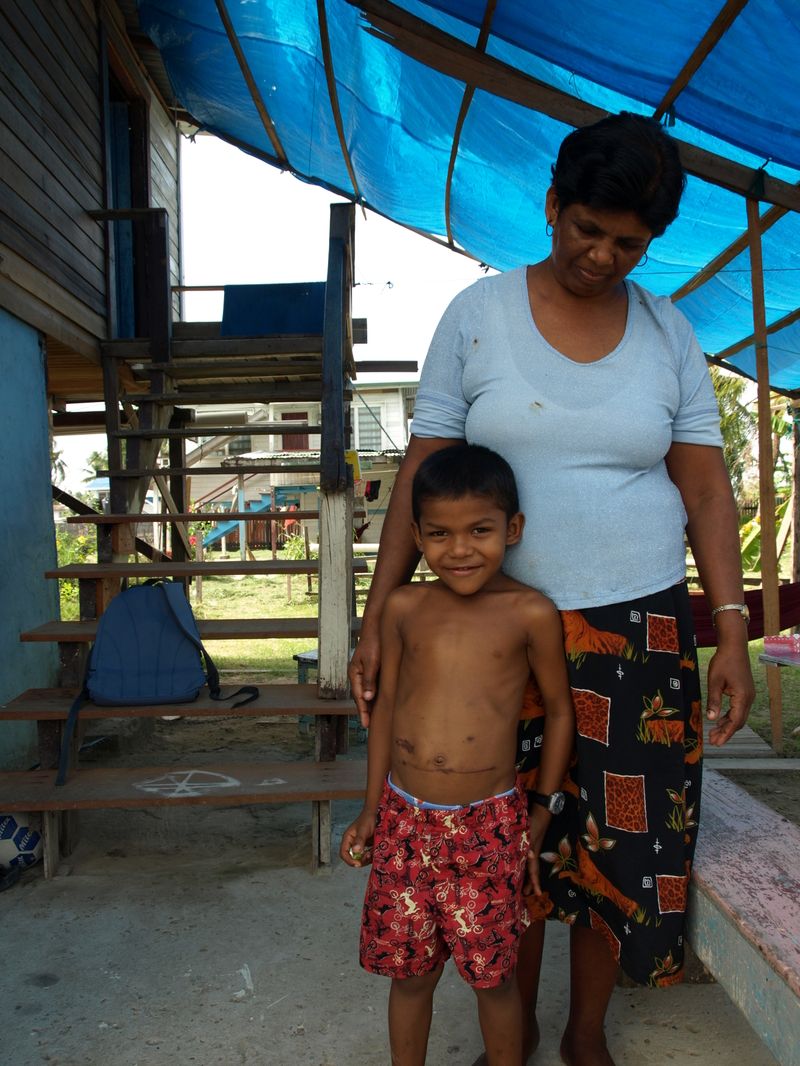I tagged along with some local reporters the other day to a press event marking the Guyana Police Force's acquisition of ten new Honda motorcycles – a shiny new addition to the fight against crime. But, standing out in the crowd as I do, the GPF's public information officer, Ivelaw Whittaker, stopped me abruptly, asked why I hadn't contacted him earlier to get approval to attend, then prohibited me from standing with the other reporters. It was ultimately a futile exercise. I saw and heard everything at this benign event, but was made to stand aside like a bad school boy. In fact, I had called his office twice from Miami and sent two emails, which he claimed he never received. It reminded me of some PIOs in the U.S. I've dealt with over the years, and I found it strangely comforting that obstructionist bureaucrats are so similar the world over.
I do, however, understand the rote paranoia among the ranks here. Since 2002, the year attributed to the ongoing problems, armed men have killed 25 police officers, some in outright gun battles, a few assassinated going to or from work. The result has reduced the morale and effectiveness of the force, according to many Guyanese I spoke with.
I found horrible evidence of this a day later when I visited Lusignan, the mostly East Indian farming village due east along the coast from
They kept repeating the name of the police station that had let them down, the word sounding more hollow every time it was uttered. The name? Vigilance.
